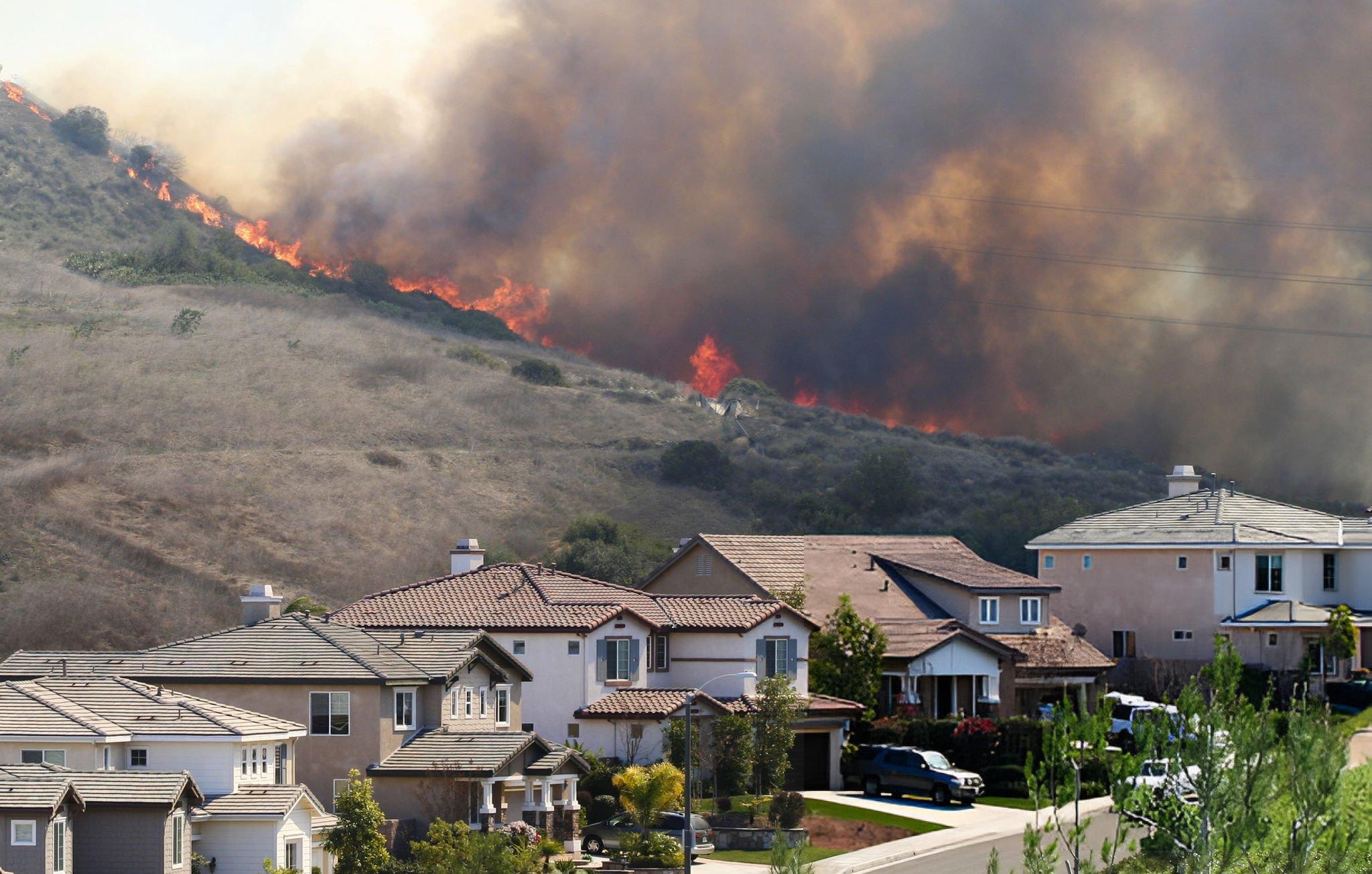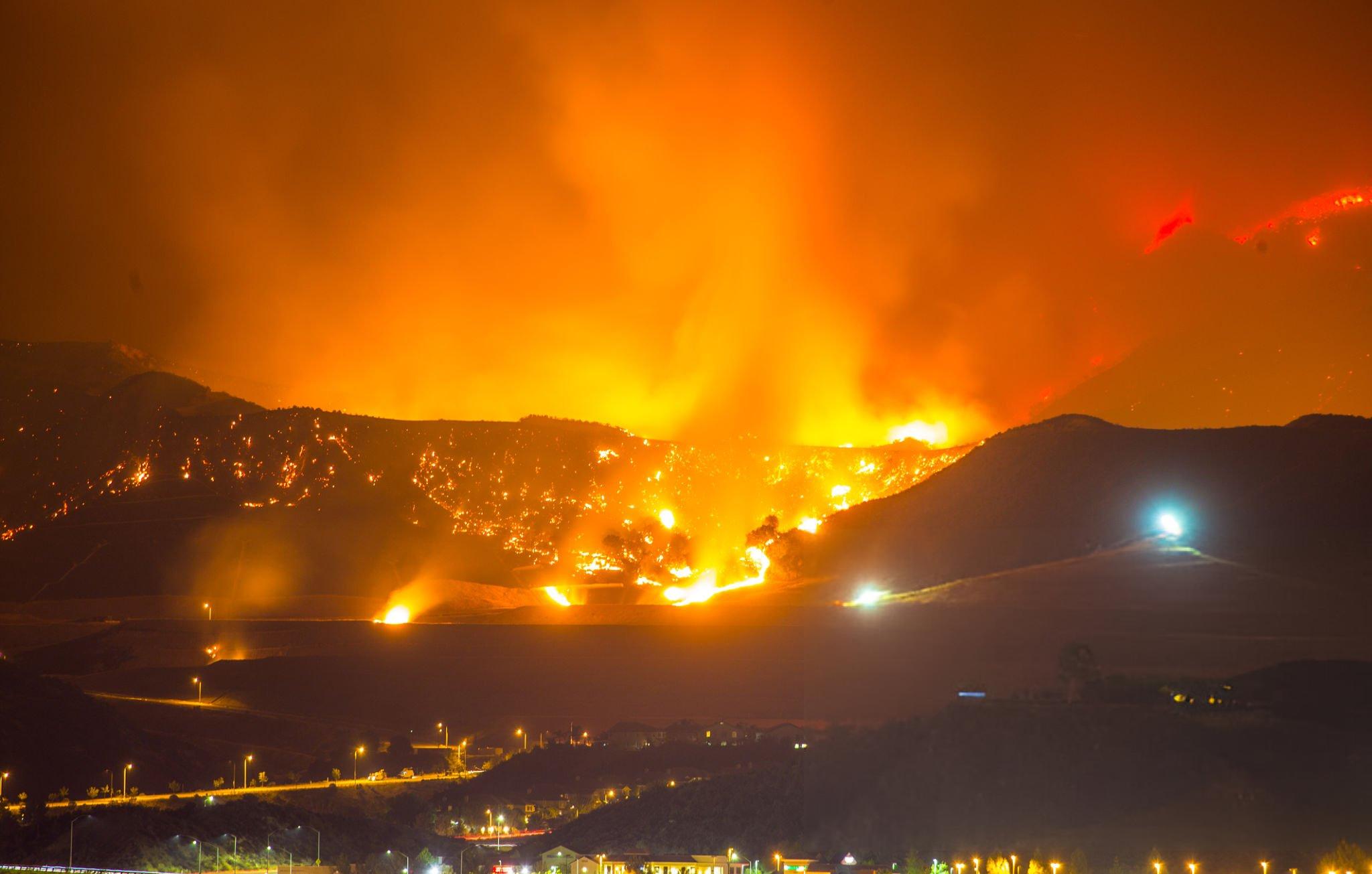How Climate Change is Impacting Our Health: What You Need to Know
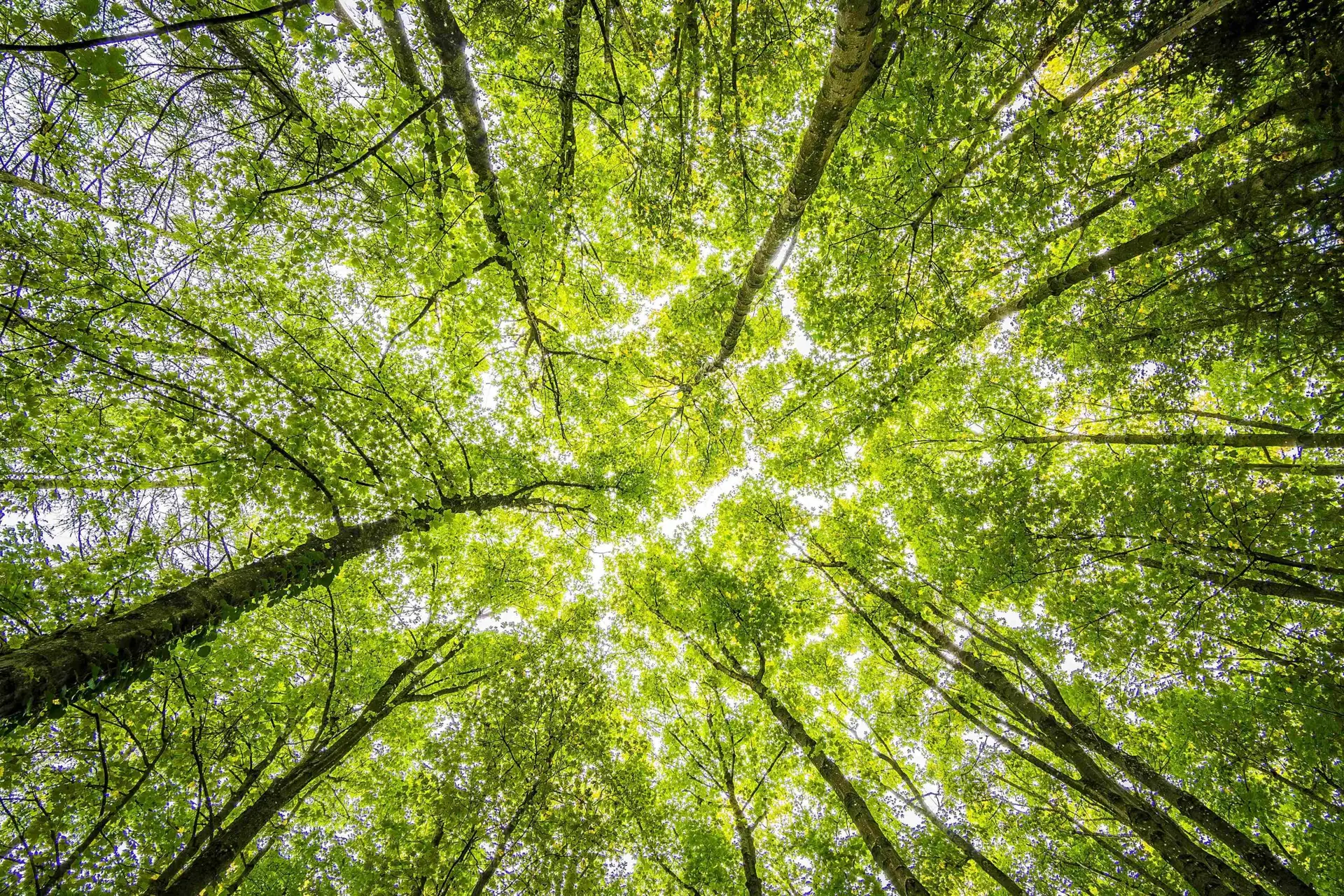
Why Climate Change Is More Than Just an Environmental Problem
Climate change isn’t just about melting ice caps or extreme weather—it’s about our health, too. As the planet warms, the ripple effects of climate change are being felt in every part of our lives. From heatwaves that make breathing difficult, to diseases spreading faster than ever, to food and water shortages that threaten our daily survival—climate change is no longer a future issue; it’s already affecting us right now.
If you think climate change is something that only impacts the environment, think again. Our health is deeply connected to the climate, and the consequences are more urgent than we might realize. In this article, we’ll look at the ways in which climate change is impacting human health and why we all need to pay attention.
Heatwaves: When the Heat Is More Than Just Uncomfortable

We’ve all experienced hot summer days, but heatwaves are becoming increasingly intense—and they’re no longer just a seasonal nuisance. As global temperatures rise, heatwaves are becoming more frequent, longer-lasting, and more dangerous.
Why it matters:
- Heatstroke and dehydration: Prolonged exposure to high heat can lead to heat exhaustion or heatstroke, especially among vulnerable groups like the elderly, children, or those with chronic illnesses.
- Respiratory and cardiovascular issues: High temperatures can make breathing harder for people with asthma, COPD, or other heart and lung conditions.
- Increased deaths: Studies have shown that extreme heat contributes to thousands of deaths every year, and with more heatwaves predicted, that number is only set to rise.
What’s even scarier is that heatwaves don’t just happen in tropical regions anymore. We’re seeing cities like London and New York facing record temperatures. This heat affects our bodies in ways that can be life-threatening—especially for those who don’t have access to air conditioning or clean water to cool down.
Poor Air Quality: A Hidden Killer
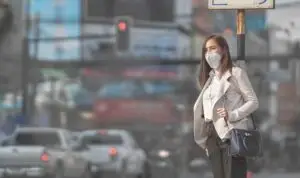
Air pollution is another silent health threat tied directly to climate change. As the planet heats up, levels of ground-level ozone increase, worsening air quality and making it harder to breathe. This is especially concerning in cities, where air pollution is already a major problem.
On top of that, wildfires—which are becoming more frequent due to climate change—are filling the air with smoke and harmful particles that affect people even far from the fire zones.
Why it matters:
- Asthma and lung diseases: Polluted air can trigger asthma attacks, worsen chronic lung diseases like COPD, and even cause new respiratory problems.
- Increased hospital visits: Poor air quality leads to more emergency room visits, especially during wildfire season or high-ozone days.
- Long-term health issues: Long-term exposure to air pollution is linked to serious health problems like heart disease, stroke, and premature death.
What makes this even worse is that the health effects of air pollution are not just limited to big cities—even rural areas can suffer from bad air quality during wildfire seasons, making it a problem for everyone.
The Spread of Diseases: The Growing Reach of Dangerous Bugs
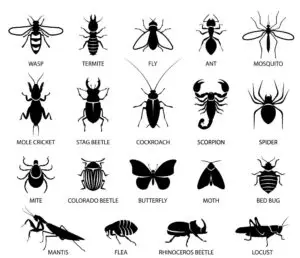
One of the less obvious but still alarming effects of climate change is the spread of diseases carried by insects, like malaria, dengue, Zika, and Lyme disease. As temperatures rise, mosquitoes, ticks, and other disease-carrying insects are moving into areas where they weren’t common before, putting more people at risk.
Why it matters:
- Malaria and dengue: Diseases like malaria, which was once confined to tropical regions, are now showing up in places like southern Europe and parts of the U.S.
- Lyme disease: Warmer temperatures are expanding the range of ticks that carry Lyme disease, putting more people at risk—especially in places like the northern U.S. and Canada.
- Healthcare burden: The spread of these diseases means more people are getting sick, putting extra pressure on healthcare systems that weren’t prepared for them.
With a warming planet, we’re seeing diseases that used to be considered “tropical” move into places where they’ve never been before, and that means more people are getting sick from bugs they’ve never had to worry about.
Food Security: How Climate Change Is Changing What’s on Our Plate

It’s not just the temperature that’s rising—climate change is affecting food production in serious ways. Extreme weather events like droughts, floods, and storms are ruining crops, causing food prices to skyrocket, and threatening the global food supply.
Why it matters:
- Rising food prices: As crops fail or are destroyed by extreme weather, the price of food goes up. This makes it harder for families to afford nutritious meals, especially in vulnerable regions.
- Nutritional quality: High levels of carbon dioxide in the atmosphere can reduce the nutritional value of key crops, meaning we may be eating more, but getting fewer nutrients.
- Hunger and malnutrition: With a shrinking food supply, millions of people around the world face hunger, malnutrition, and the health problems that come with it.
If you’ve noticed that food prices seem to be going up every year, it’s not your imagination. Climate change is making it harder to grow food, and as a result, it’s becoming more expensive and less nutritious for the people who need it most.
Water Shortages: A Growing Global Crisis
Water is essential for life, yet water shortages are becoming more common as droughts and flooding affect freshwater supplies. As more people face difficulty accessing clean, safe water, the risk of waterborne diseases like cholera and dysentery also increases.
Why it matters:
- Water scarcity: Droughts are drying up rivers, lakes, and underground aquifers, leaving millions without a reliable water source.
- Waterborne diseases: When clean water is scarce, sanitation suffers, leading to the spread of diseases like cholera and typhoid.
- Increased conflict: As water becomes more limited, competition for it can lead to social instability, displacement, and even conflict.
From Cape Town to Chennai, cities around the world are already facing water shortages, and climate change is only going to make this problem worse. It’s not just about staying hydrated—it’s about the basic need for clean water to survive.
Mental Health: The Hidden Toll of Climate Change
Climate change doesn’t just affect our bodies—it affects our minds too. As natural disasters become more frequent and extreme, more people are experiencing climate anxiety, trauma, and stress. From the fear of losing homes to the emotional toll of living through wildfires or floods, the psychological impacts of climate change are real and growing.
Why it matters:
- Eco-anxiety: Many people, especially younger generations, are facing stress and anxiety about the future of the planet and the health of future generations.
- Trauma from disasters: Those who experience climate-related disasters often suffer from PTSD, depression, and other mental health issues.
- Social impacts: The emotional burden of climate change affects not just individuals but entire communities, especially those that are displaced or affected by extreme events.
The stress of climate change isn’t just about worrying about the environment—it’s about worrying about survival, loss, and the future. As more people feel this weight, mental health services around the world are going to face greater challenges.
What We Can Do About It
The good news is that there are things we can do to protect our health, and the health of future generations. From reducing greenhouse gas emissions to adopting more sustainable practices in our daily lives, we can all take steps to reduce the impact of climate change.
Here’s what you can do:
- Reduce your carbon footprint: Drive less, use energy-efficient appliances, eat more plant-based foods, and choose sustainable products whenever possible.
- Support climate-friendly policies: Advocate for policies that reduce emissions, invest in renewable energy, and protect vulnerable populations.
- Stay informed: Learn more about how climate change affects health and share that knowledge with others.
By acting now, we can reduce the long-term impacts of climate change and protect both the environment and our health. It’s not just about saving the planet—it’s about saving ourselves and our communities from the worst health risks that climate change has in store.
Summary: Climate change is affecting human health in multiple ways, from heatwaves and air pollution to the spread of diseases and food insecurity. Mental health is also at risk due to climate anxiety and trauma. Learn how climate change is already impacting health and what we can do to protect ourselves in this in-depth article.


